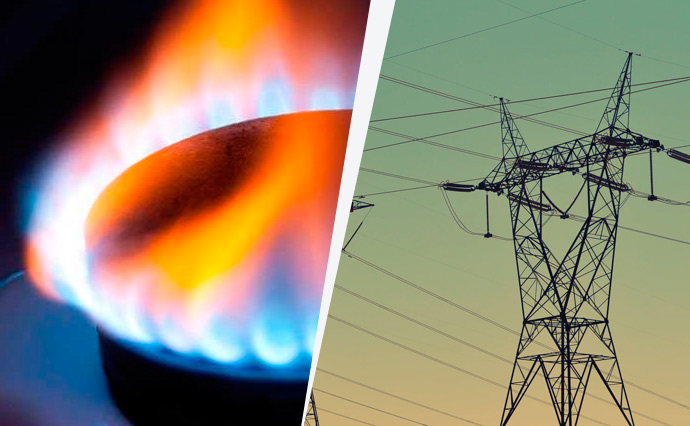Ukraine joins Energy Policy Tracker, an international monitoring project
Energy Policy Tracker monitors changes in energy policy of G20 and other countries during the crisis caused by COVID-19
Ukraine joined Energy Policy Tracker, an international monitoring project showing public information about government expenditures on supporting various energy types and other related policies, DiXi Group website reports.
“DiXi Group joined the initiative of a number of international organizations and think tanks, which began tracking expenditures of their countries on either the policy of supporting fossil fuels or the policy on decarbonization and development of renewable energy sources. The uniform methodology and simple yet comprehensible approach allow to not only analyze the difference between the words and deeds of various governments but also compare countries among each other. The longer Energy Policy Tracker remains operational, the more accurately we could tell whether a government really wants to change its policy toward more environmentally conscious initiatives or it’s nothing but political slogans,” DiXi Group President Olena Pavlenko said.
According to data gathered by DiXi Group experts and published in October 2020 on Energy Policy Tracker webpage, since the outbreak of the COVID-19 pandemic Ukraine has committed at least US 63.3 million to supporting fossil energy sources through new or revised policies. At the same time, the support for renewable energy sources was reduced by almost US 2.2 billion.
Energy Policy Tracker shows public information about government expenditures on support for various energy types and other related policies. Type-wise, policies are classified in the Tracker as follows:
unconditional fossil energy sources (oil, gas, coal or electricity generated from fossil fuels),
conditional fossil energy sources (support for fossil energy sources for the purpose of reducing pollution),
clean sources (solar and wind power, small hydroelectric power plants, geothermal sources, bicycle transport, etc.),
conditionally clean sources (large hydroelectric power plants, public rail transport and electric cars powered by various energy types, “smart” networks),
other types (nuclear power, first-generation biofuel, mixed energy types).
Other criteria include support types (fiscal, monetary or other) and funding mechanism (direct budget allocations, underreceived revenues, etc.).
“1 January 2020 was chosen as the commencement date of monitoring. The data fed into the Tracker comes only from reliable sources of information, mostly from public resources. It is worth noting that this instrument does not provide exhaustive information, because it does not include indirect support for energy sectors if it wasn’t quantified. It could be funds allocated by the government for support of the Ukrainian economy and population using monetary and fiscal policy instruments. In other words, only the amounts mentioned in official legislation and statements are taken into account,” Daryna Kulaha, DiXi Group’s junior analyst working on this project on the Ukrainian side, said.
The analysis was made under the Think Tank Development Initiative for Ukraine implemented by the International Renaissance Foundation in partnership with the Open Society Initiative for Europe (OSIFE) and with financial support from the Embassy of Sweden in Ukraine.
The Tracker’s methodology was developed by a group of leading think tanks and international organizations (IISD, IGES, OCI, ODI, SEI and Columbia University) and agreed with the project’s other participants. All data is subject to peer review before inclusion to the Tracker.









